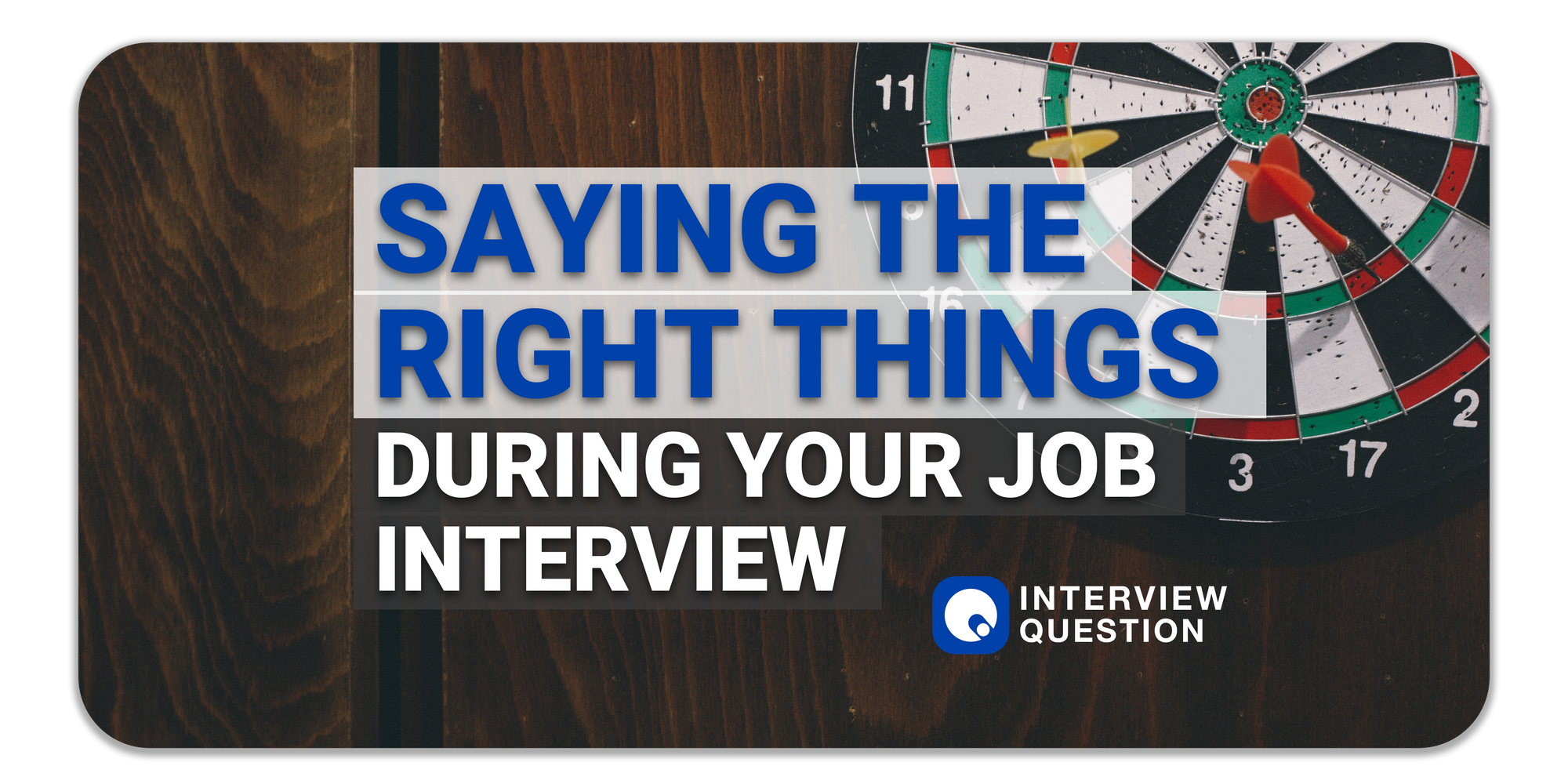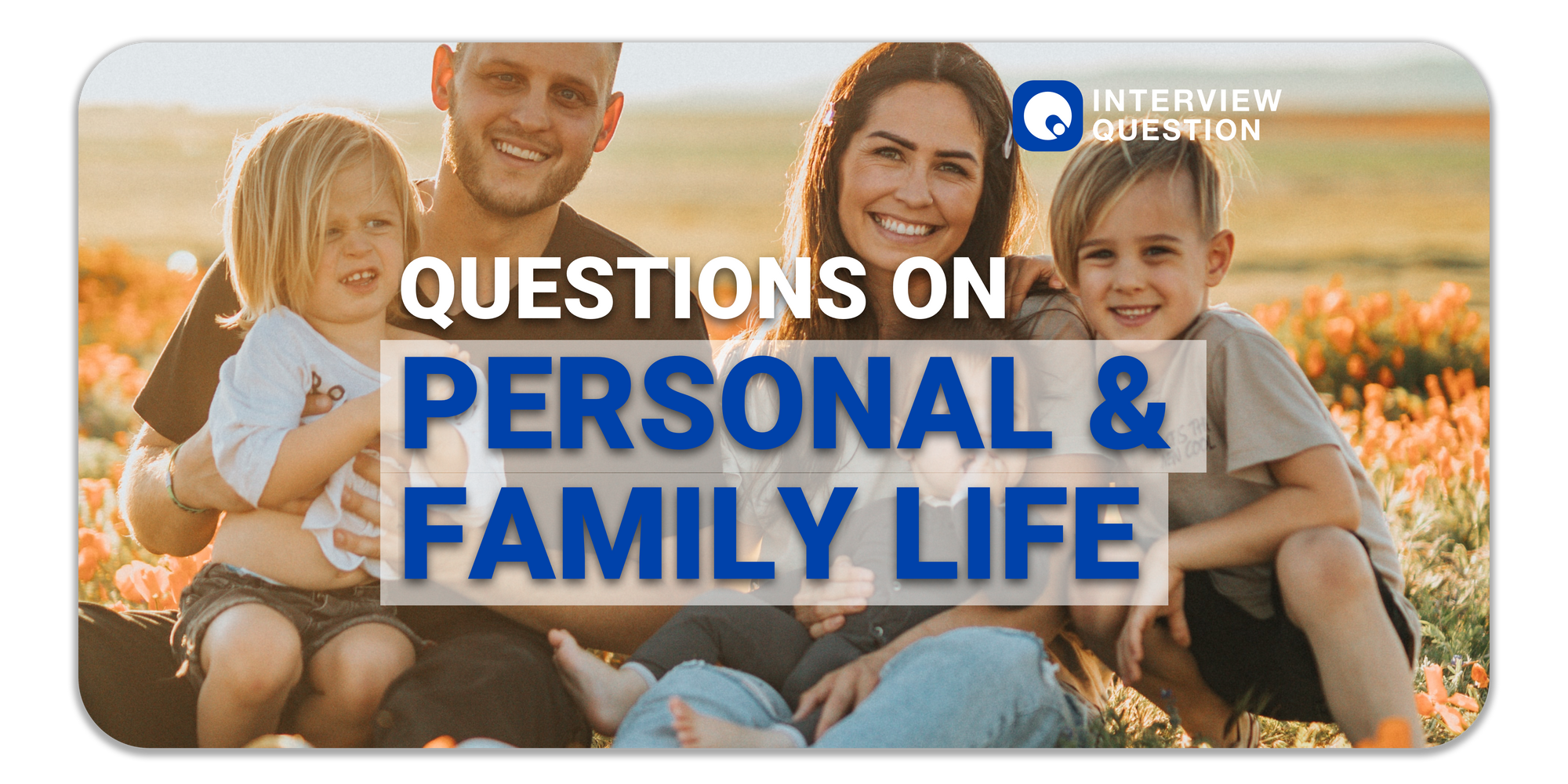Interviewer Bias: What You Should Expect
• What Is Interviewer Bias • Examples • Why Interviewers Have Biased Opinions • Identifying Person & Situational Bias • Considerations • Tips to Reduce Bias
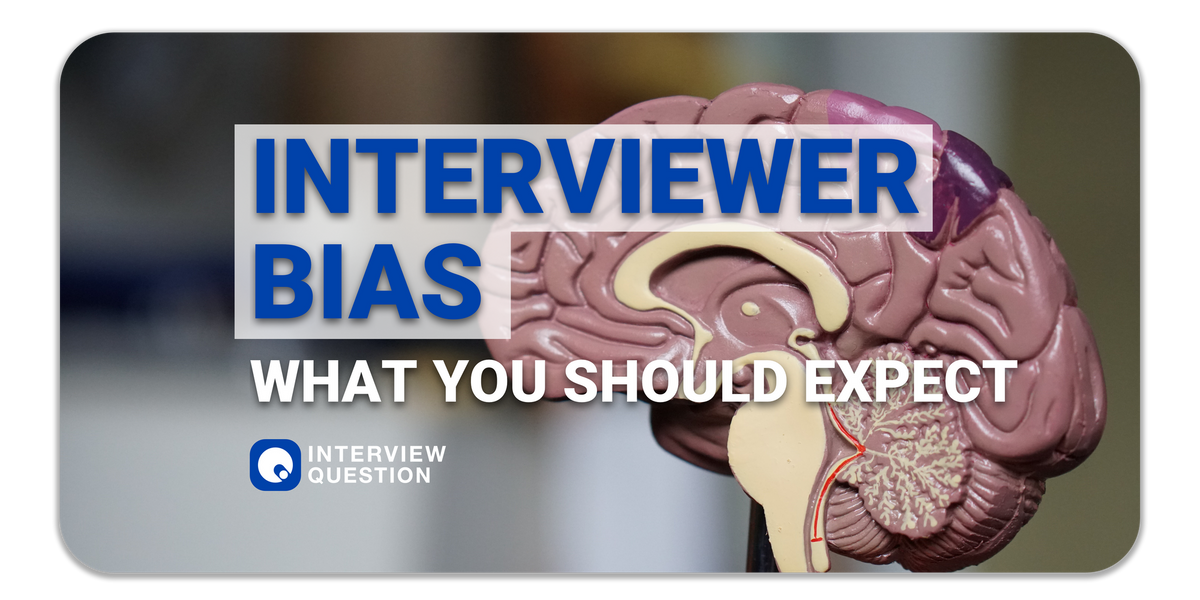
Interview bias is a tricky thing. It can help or harm a candidate for an interview, depending on how the interviewer's expectations of the candidate influence their assessment, which in turn shapes their questions and potential responses. This article will outline the basics of interview bias and give some useful links that should be considered before interviews start.
What Is Interviewer Bias
Interview bias is a term that is borrowed from psychology and refers to two separate processes: Person bias and situational bias. Person bias occurs when a person has already formed an opinion on a candidate before the interview has started, and starts to ask questions accordingly. Situationally biased interviewers, on the other hand, begin their questioning of candidates without having any pre-formed opinions about them.
Example of Interviewer Bias
To put it simply, Person Bias is when Person A comes into the interview with certain expectations about Candidate B (for instance that they will be good at X or Y), which we refer to as an inherent belief. Person B has these expectations, too. However, Person A has also formed some sort of aspiration for Candidate B (that they will be good at X or Y) in their head. Person A and Person B both then have different expectations of Candidate B based on their own inherent beliefs and aspirations, while still having the same aspirations for Candidate B as the other. This difference in expectations is what we call "personal bias".
Why Interviewers Have Biased Opinions
People base their opinions of a candidate before an interview ever starts on a variety of factors: the resume, prior knowledge, stereotypes, and other people's opinions, just to name a few. A common example would be the hiring of a professor for an athletic department, where the candidates' prior experience in athletics may well influence whether they get the job or not.
It is important to note that these influences are not always bad; businesspeople often hire based on past experiences because it is known that past experiences are a reliable indicator for future performance (some qualifications given).
A hardworking interviewer may have already done a background check on you and they are likely to know more than you think they do.
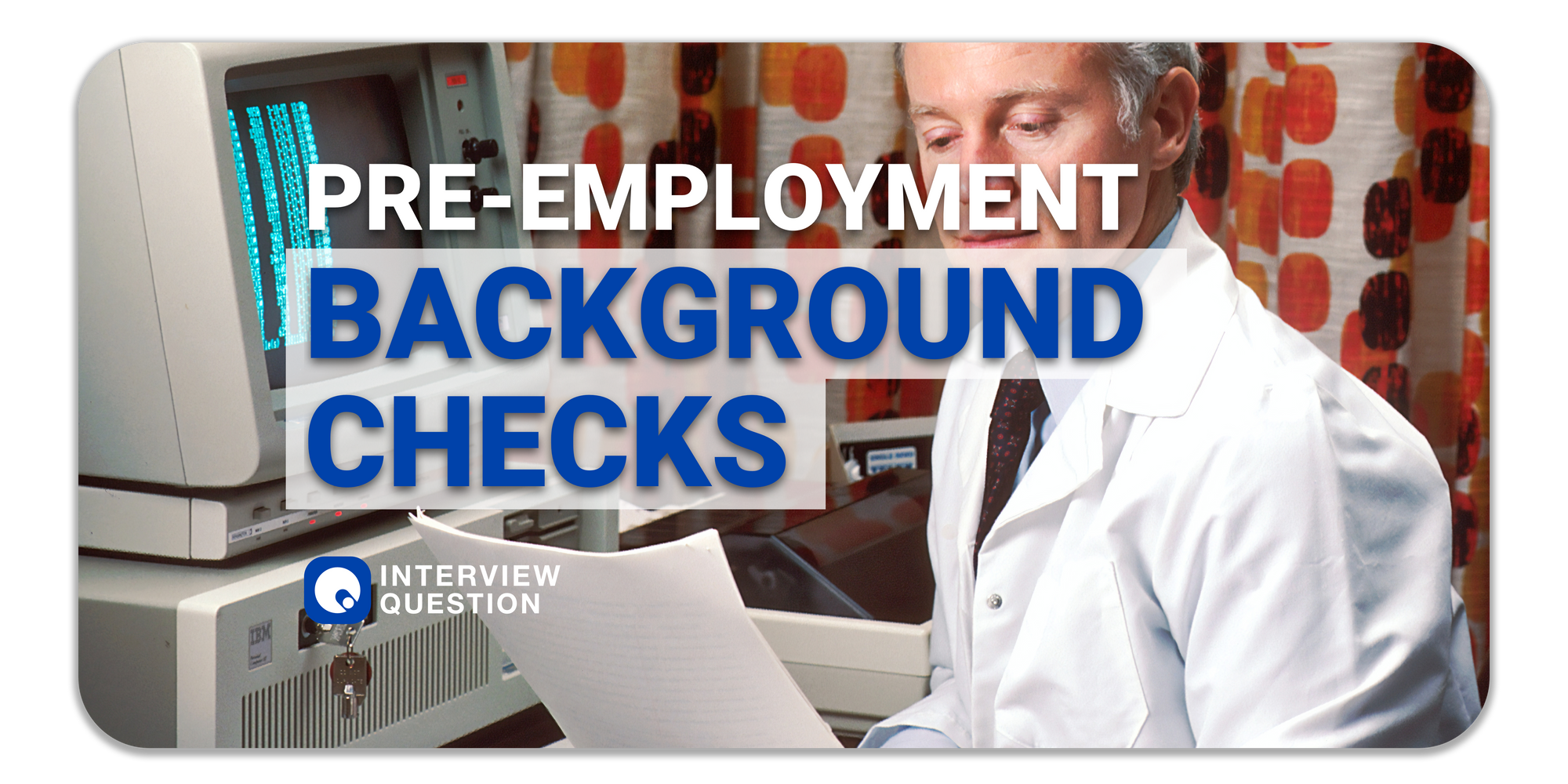
However, there can be a second reason why.
For job applicants who applied with a short resume but got into the interview round anyway, there is likely not enough information for the interviewer to judge you on. You wrote too little on your resume, and the image of you could be mostly guesswork.
The level of detail you have in your resume can work in your favour in helping the interviewer understanding you (thus less bias) but if you aren't a good fit based on your writing, then you may just be eliminated from the get go.
Weigh your options.
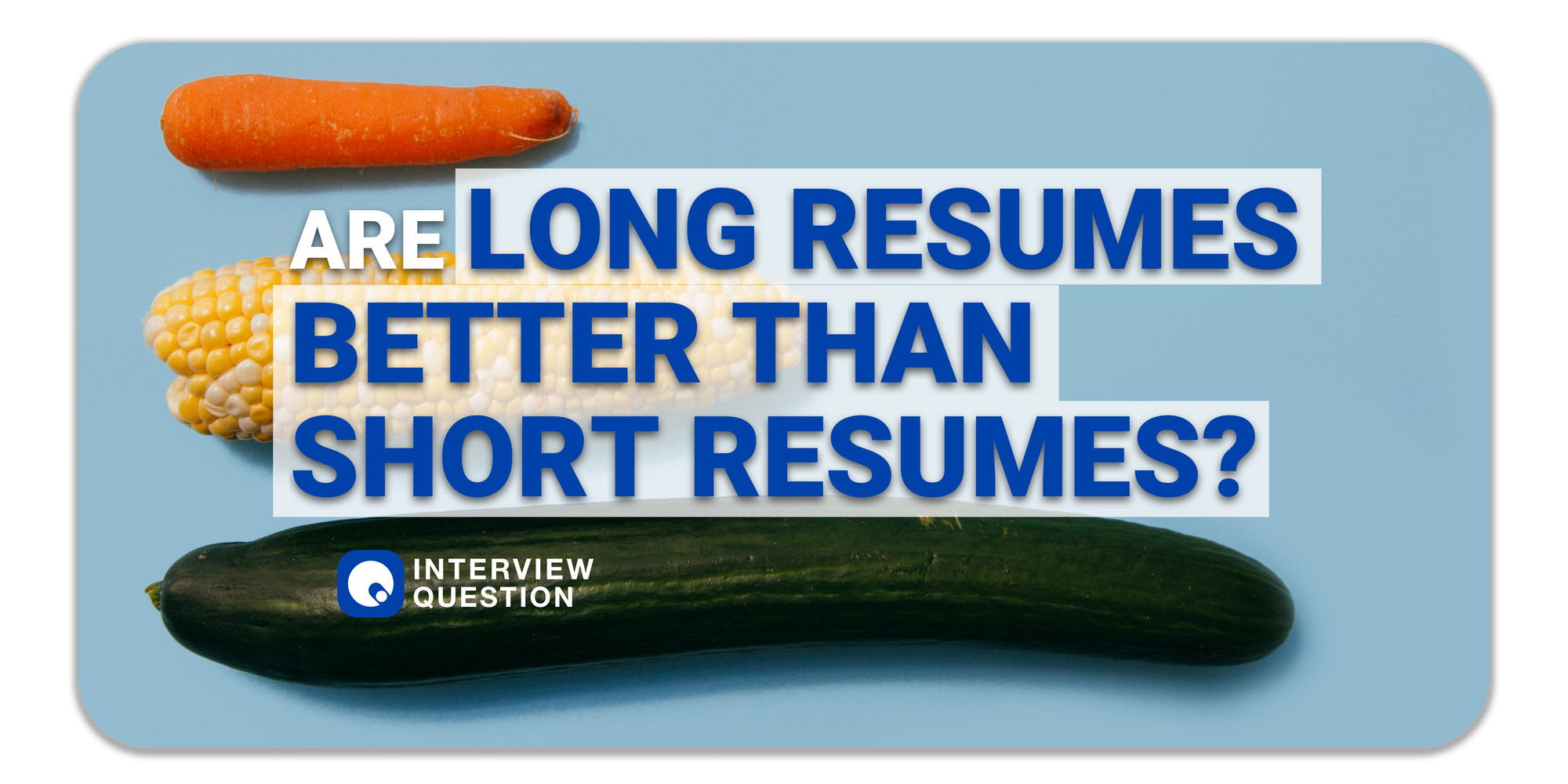
Identifying Biased Interviewers
You can tell whether a person is biased by the questions they are asking, as well as the attitude of the interview. If they are being very friendly and talkative, and ask you whatever they want, you might be dealing with a highly subjective interview. On the other hand, if an interviewer is being very professional and is only asking you certain questions to fulfill some sort of objective criteria that has been laid out before them in detail, it is likely that they are using more objective criteria.
Situationally biased interviewers, on the other hand, begin their questioning of candidates without having any pre-formed opinions about them. This is a situation where Person A has not formed an opinion of Candidate B before the interview. Instead, they start questioning the candidate based on the question of "is Candidate B suitable for the role?".
What You Can Do When You Meet a Biased Interviewer
It is important to note that the biases of interviewers are not something that can be fixed, and instead should be treated as an "expected" effect. Reflecting on their expectations of you before the interview starts will help you better prepare. When encountering an interviewer who seems to have developed a bias, interviewees should focus on demonstrating that they can do the job, rather than trying to win the interviewer over.
When interviewers are being biased, interviewees can take some steps to show that they are appropriate for the role:
- If they ask personal questions or request a phone call again after you've already said no, don't worry about it. They may just want to talk more with you.
- If they ask you to do something ridiculous like draw a picture of your pet cat or something else absurd for them, don't worry about it. They are probably just trying to see if you're capable of coming up with ideas on the spot and doing things quickly.
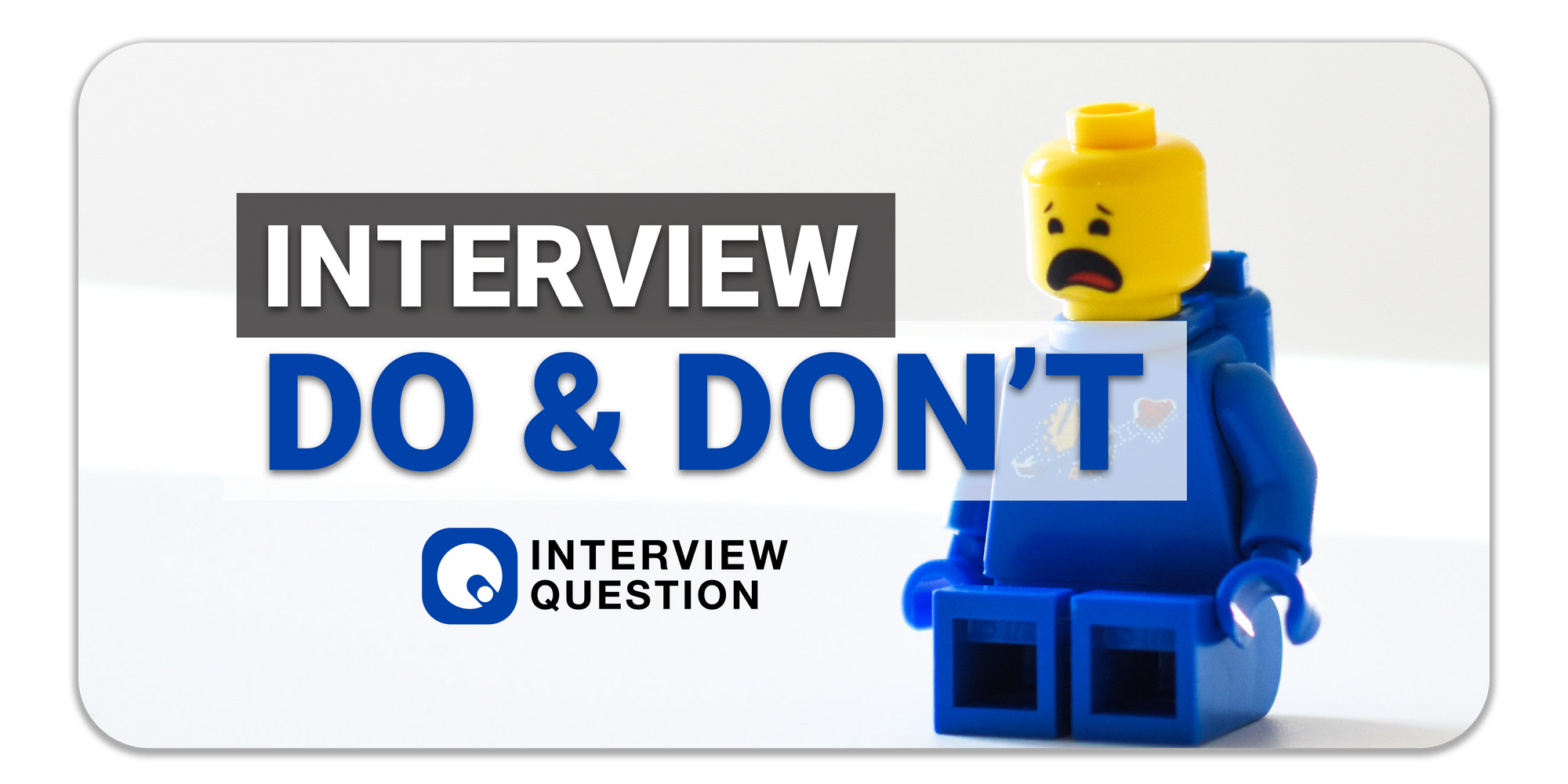
Remember to assess interviewers based on their questions, not their attitudes. The questions that they ask may be biased, but the interviewer is likely doing so because of objective criteria like experience and qualifications (not for no reason at all). It is important to remember that objective criterion are more important than subjective ones when it comes to getting the job done well in the future. Objective criteria are better indicators of future performance (and thus worth taking into account) than subjective ones.
Five Tips for Reducing Bias in the Interview Process
Knowledge is power, and when it comes to interviewer bias, knowledge is one of the best ways to reduce its influence on your hiring process. Think and put yourself in the shoes of the interviewer when they form a preliminary opinion of a candidate before he or she arrives for the interview:
- First, consider the fact that not everyone who you interview will be a good fit for your organization. Maybe they don't have the skills that you need, or maybe they don't have the right qualifications. This is natural, and something you should expect.
- Next, try to look for cues in resumes and cover letters from candidates that indicate interest in the role you are hiring for. These people are more likely to be interested in supporting your organization than others who have simply sent in their resumes because they were asked to do so by a job search site or staffing agency.
- A strong resume or cover letter will make you think that the candidate has done his or her research on the organization. If you notice that a candidate is interested in your organization and hasn't done any research, then start thinking about whether they may not be a good fit for the role.
- It's important to take into account, after an interview, what the interviewer is looking for. You need to ask yourself: Has this person shown in their responses to my questions that they can do the job? Depending on what they said during the interview, will this person be a good fit for your organization? Also consider how long it takes them to ask these questions and answer these questions. It is normal to think about these things. Do not overthink them.
- During the interview process, try to be as non-judgmental as possible. Remember that you are trying to hire this person for a role that they will have for a period of time. Avoid any comments that may seem negative or harsh during the interview process, and do so in a non-confrontational way. If you find yourself getting upset about something, stop and try to think about it objectively. If you make unreasonable comments in an interview, the interviewer will see right through it and may not take you seriously or the organization seriously when they do decide to extend an offer of employment on your behalf.
